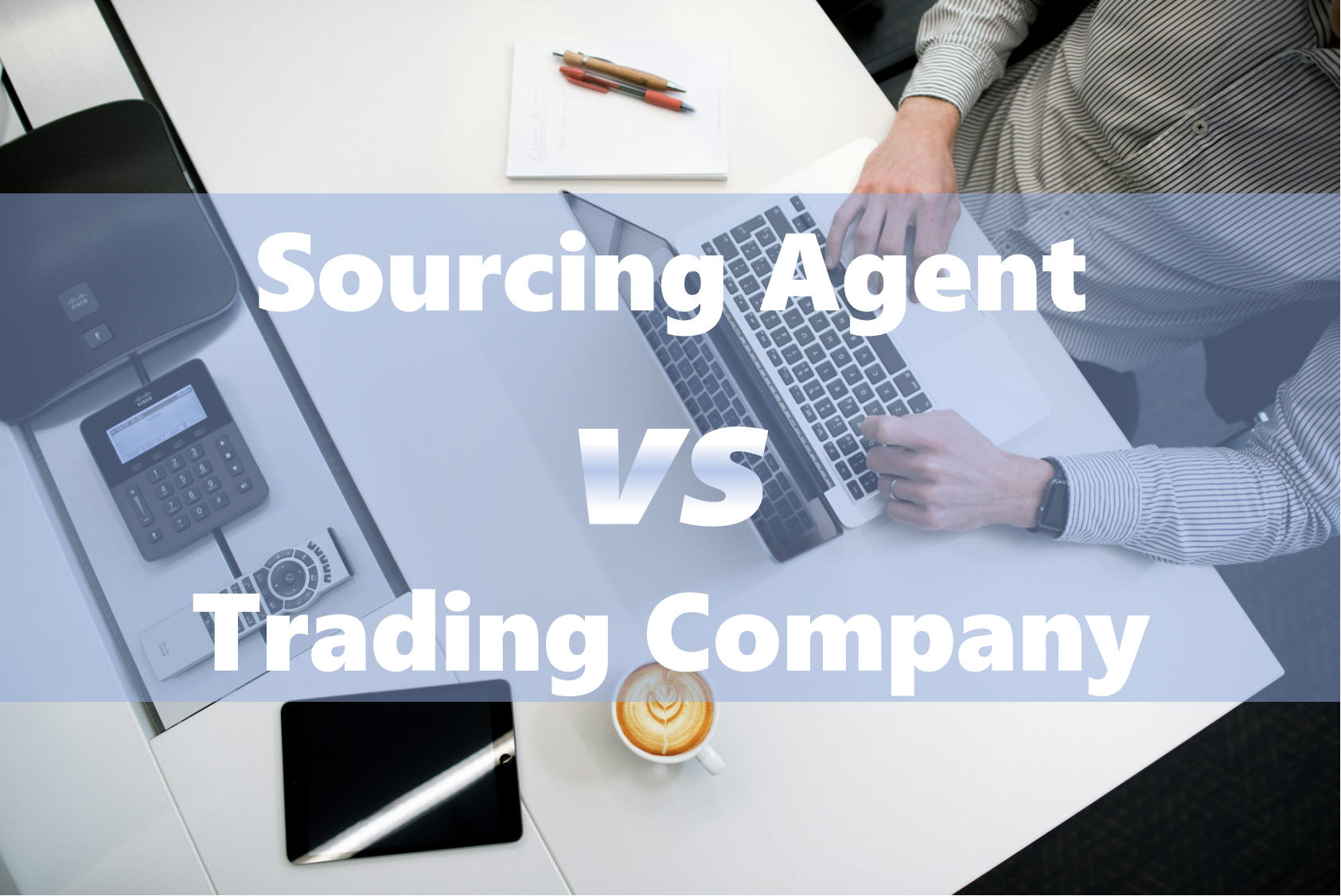

反対に、aあなたのニーズに合うかもしれません:あなたは買っています
既製の商品
1つの屋根の下。あなたはaを好むハンドオフアプローチ
正確な工場を知らないことで大丈夫です。スピードと利便性オーバーマージン制御。季節ごとの販売の在庫や一般的な商品ビジネスの運営を検討している小売業者の場合、このモデルは、可視性が少ない場合に時間を節約できます。あなたが決める前に何を尋ねるべきか
1つの屋根の下。どの工場が私の商品を生産しているかを知っていますか?価格設定はどのように構造化されていますか?透明またはバンドルされていますか?
誰が質の高い検査と問題解決を処理しますか?工場にアクセスしたり、監査したりできますか?生産が軌道に乗るとどうなりますか?
最終的な考え
| すべてのサイズの答えはありません。しかし、ここに経験則があります: | あなたが望むなら | メーカーへのより多くの制御、より良い価格設定、および直接アクセス |
| 、a | より賢いプレイです。 | 速度、シンプルさ、幅広い製品の選択 |
| 最小限の騒ぎで、a | 行く方法かもしれません。 | ただ覚えておいてください - あなたがとることは誰でも、 |
| 右のパートナーはすべての違いをもたらします | 。ソーシングエージェントルートに傾いている場合、そのような確立されたチームを調べる価値があります | 何千ものブランドがより賢く、より速く拡大し、初心者の落とし穴を避けるのを手伝ったのは誰ですか。 |
| 製品のカスタマイズ | 調整が簡単 | より限定的 |
| 最小注文数量 | より柔軟 | 頻繁に修正される |
| 関係の所有権 | サプライヤーとの関係をコントロール | 商社経営 |
| バイアスのリスク | 低い(信頼できる場合) | 中規模(利益重視) |
透明性:商品がどの工場から出荷されるかを正確に知ることができます。
カスタマイズ:製品のデザインを微調整したいですか?カスタムパッケージを追加したいですか?エージェントがお手伝いします。
より良い価格設定:再販業者のマークアップなしで、エージェントがお手伝いします工場直販価格あなたは買っています
より優れた制御:あなたは関係を所有しており、必要に応じて工場を訪問したり、工場を変更したりできます。
スタートアップ企業のクライアントの一つが、環境に優しいキッチン用品のラインを立ち上げたいと考えていました。Market Unionのチームと協力することで、彼らは工場でデザインの試作を行い、様々な素材をテストし、少量生産で製品をリリースすることができました。しかも、最低発注量(MOQ)をあまり設定する必要はありませんでした。
エージェントの品質はさまざまです:悪いエージェントは、あなたを無視したり、信頼できない工場に誘導したりする可能性があります。
構造が少ない:独立系エージェントは、顧客サービスや運用サポートをそれほど提供しない可能性があります。
信頼が鍵です:代理店の誠実さとネットワークに大きく依存しているので、慎重に選択してください。
便利:特に既製品を扱うワンストップショップです。
構造化された操作:確立された部門と手順による、より正式なセットアップ。
製品の種類:1 つのソースから複数の製品カテゴリを提供できます。
透明性が低い:おそらく、あなたの製品がどの工場で製造されているかは分からないでしょう。
コストの上昇:特に注文量が増えた場合、マークアップは大きくなる可能性があります。
カスタマイズの制限:多くの場合、標準製品を扱うため、カスタム リクエストでは障害が発生する可能性があります。
ある小さなギフトショップチェーンが、ホリデーギフトボックスの調達を商社に依頼しました。手続きは簡単でしたが、商社が工場で既に生産している製品しか扱っていなかったため、特別なカスタムメイドの封入物やブランド変更の依頼がなかなか決まりませんでした。
調達代理店は多くの場合、制御、コスト、カスタマイズを重視するなら、より良い選択です特に、新製品を発売する場合や利益率が低い場合はそうです。
次の場合には調達代理店を検討してください。
あなたは、工場との直接的な長期的な関係あなたは買っています
必要なのは製品のカスタマイズまたはユニークなパッケージ。
新しい製品のアイデアをテストしている低い最小注文数量あなたは買っています
あなたが大切にしている価格の透明性と交渉力あなたは買っています
そこで経験豊富な調達エージェントが季節ごとの販売の在庫や一般的な商品ビジネスの運営を検討している小売業者の場合、このモデルは、可視性が少ない場合に時間を節約できます。本当に輝いています。20年以上にわたり数千SKUの調達実績を持つ当社は、ブランドがコストのかかるミスを回避し、自信を持って事業を拡大できるよう支援します。
どの工場が私の商品を生産しているかを知っていますか?
必要なのは
あなたが大切にしている
あなたはaを好む
どの工場が私の商品を生産しているかを知っていますか?
季節ごとの販売の在庫や一般的な商品ビジネスの運営を検討している小売業者の場合、このモデルは、可視性が少ない場合に時間を節約できます。
メールフォーマットエラー
emailCannotEmpty
emailDoesExist
pwdLetterLimtTip
inconsistentPwd
pwdLetterLimtTip
inconsistentPwd